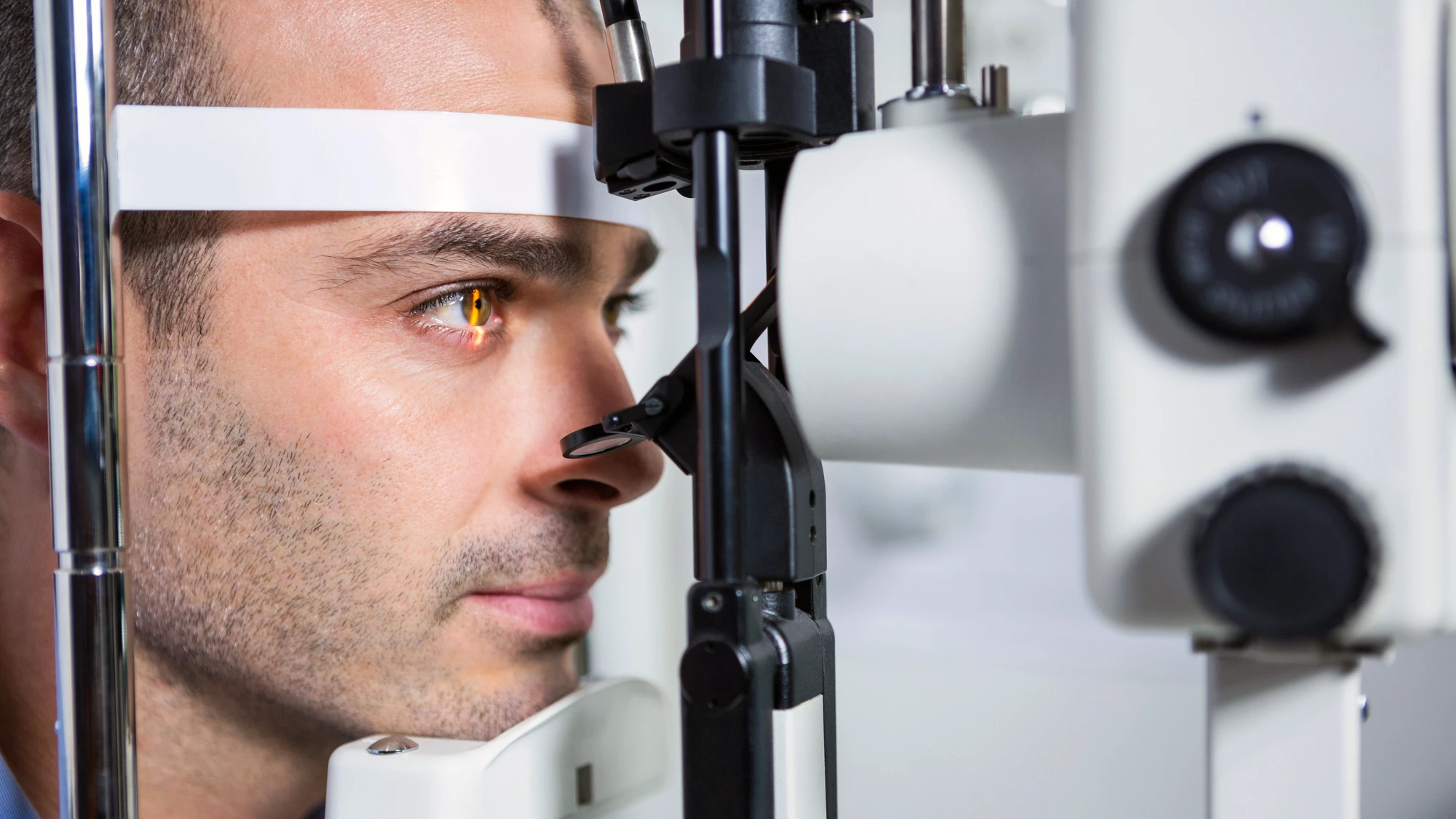Get the latest tech news
Columbia scientists use CRISPR base editing to accelerate diagnosis for rare disease - connecting a patient with precision therapy
A Columbia study addresses a key challenge in the diagnosis of rare genetic disorders.
“Our findings give physicians a resource that can help them rapidly diagnose and treat patients and avoid cumbersome assays and long diagnostic odysseys that delay treatment,” says study leader Benjamin Izar, the Vivian and Seymour Milstein Family Associate Professor of Medicine. Guided by the findings from this study, one patient has received a diagnosis of APDS, which causes a wide range of health problems, including infections, autoimmune disease, and increased risk for certain cancers at a young age. “Beyond rare disorders, this method could usher in an era of the Human Genome Project Version 2, where we not only describe whether or not a variant exists, but begin to understand whether such genetic variation, either alone or in combination, has an impact on a given phenotype”, Izar says.
Or read this on r/technology

